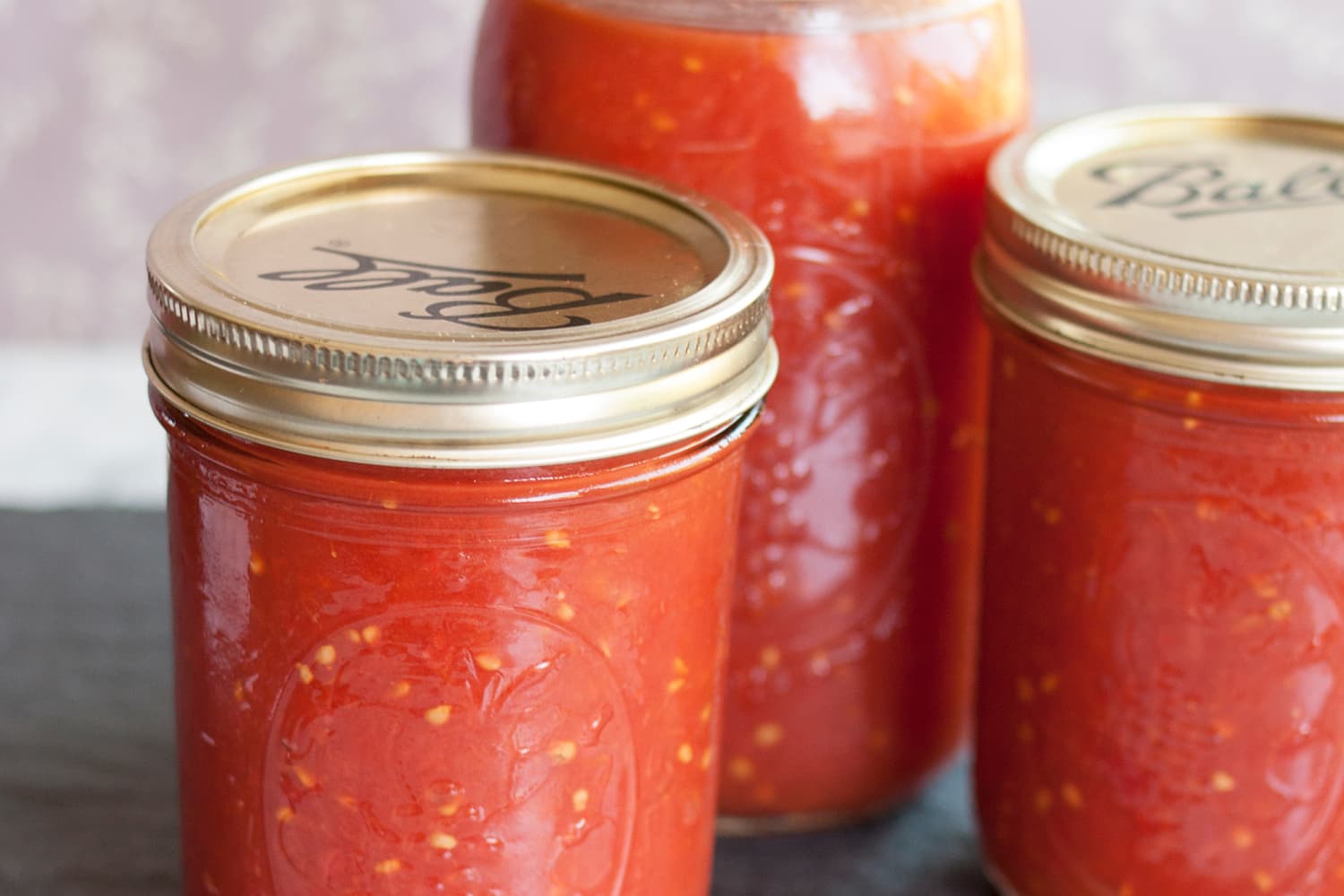

Articles
How To Store Tomato Sauce
Modified: December 7, 2023
Learn the best methods for storing tomato sauce in this informative article, packed with tips and tricks to help preserve the flavor and freshness.
(Many of the links in this article redirect to a specific reviewed product. Your purchase of these products through affiliate links helps to generate commission for Storables.com, at no extra cost. Learn more)
Introduction
Tomato sauce is a versatile and delicious ingredient that adds flavor to a wide variety of dishes. Whether you make your own homemade sauce or buy it from the store, knowing how to store tomato sauce properly is essential to maintain its freshness and flavor for longer periods.
In this article, we will guide you through the process of storing tomato sauce to ensure its quality and longevity. We will discuss different container options, preparation techniques, and various methods such as refrigeration, freezing, and canning. By following these guidelines, you can preserve your tomato sauce and enjoy its taste in your favorite recipes for weeks or even months to come.
So, let’s dive into the world of tomato sauce storage and discover the best practices to keep your sauce tasting its best!
Key Takeaways:
- Properly storing tomato sauce is crucial for maintaining its freshness and flavor. Whether in the fridge, freezer, or canned, following correct techniques and hygiene practices ensures delicious sauce for weeks or even up to a year!
- Choosing the right container, preparing the sauce properly, and following storage tips are essential for preserving tomato sauce. Whether refrigerating, freezing, or canning, these methods allow you to enjoy the flavorful taste of tomato sauce in your favorite dishes for extended periods.
Read more: How To Store Homemade Tomato Sauce
Choosing the Right Container
When it comes to storing tomato sauce, choosing the right container is crucial in maintaining its taste and quality. Here are a few options to consider:
1. Glass Jars: Glass jars are an excellent choice for storing tomato sauce. They are non-reactive and do not absorb odors, ensuring that the flavor of the sauce remains intact. Look for jars with airtight seals to prevent air and moisture from entering.
2. Plastic Containers: If using plastic containers, make sure they are made of food-grade, BPA-free material. Opt for containers with secure lids to keep the sauce sealed tightly and minimize exposure to air.
3. Freezer Bags: Freezer bags are a convenient option for storing smaller portions of tomato sauce. They are space-efficient and allow for easy stacking in the freezer. Select freezer bags that are thick and durable to prevent leaks and freezer burn.
Remember, regardless of the container you choose, always ensure that it is clean and sterilized before use. Proper sanitation helps prevent the growth of bacteria and extends the shelf life of your tomato sauce.
It’s important to note that if you plan to freeze or can the tomato sauce, consider using containers specifically designed for these purposes. Mason jars, for example, are ideal for canning, while freezer-safe containers are designed to withstand the cold temperatures of the freezer.
Now that we have discussed the container options, let’s move on to the next step: preparing the tomato sauce for storage.
Preparing the Tomato Sauce for Storage
Before you store your tomato sauce, it’s important to prepare it properly to ensure its quality and freshness over time. Here are some essential steps to follow:
1. Allow the Sauce to Cool: After preparing the tomato sauce, let it cool completely before transferring it to storage containers. Hot sauce can generate condensation, which could lead to moisture buildup and spoilage.
2. Remove any Air Bubbles: Use a spatula or wooden spoon to gently remove any air bubbles from the sauce. This will help prevent oxidation and maintain the quality of the sauce during storage.
3. Label and Date the Containers: To keep track of the sauce’s freshness, label each container with the date and contents. This will help you use the oldest sauce first and ensure you have a rotation system in place.
4. Portion Control: Consider portioning the sauce into smaller containers. This allows you to thaw or use only what you need without having to defrost a large batch every time. It also reduces the chances of introducing contaminants when resealing partially used containers.
Once you have prepared the tomato sauce, you can proceed to store it using different methods, depending on your preference and storage capabilities. In the next sections, we will discuss storing tomato sauce in the fridge, freezing it, and canning it for long-term storage.
Let’s move on to the first method: storing tomato sauce in the fridge.
Storing Tomato Sauce in the Fridge
If you plan to use your tomato sauce within a week or so, storing it in the fridge is a convenient option. Follow these steps to ensure proper storage:
1. Transfer the Sauce to a Container: Pour the tomato sauce into a clean, airtight container. Glass jars or plastic containers with tight-fitting lids work well for this purpose.
2. Leave Head Space: Leave some space at the top of the container to allow for expansion as the sauce cools and freezes. This helps prevent the container from cracking or breaking in the freezer.
3. Seal the Container: Make sure the lid is tightly sealed to prevent air and moisture from entering. This will help keep the sauce fresh for a longer period.
4. Store in the Fridge: Place the container of tomato sauce in the refrigerator. Aim to store it at a temperature below 40°F (4°C) to slow down the growth of bacteria and maintain the quality of the sauce.
5. Use within a Week: Tomato sauce stored in the fridge should be consumed within a week for optimal taste and freshness. Be sure to check for any signs of spoilage, such as mold or an off odor, before using the sauce.
Storing tomato sauce in the fridge is a convenient option for short-term storage, but if you have larger quantities or want to store it for an extended period, freezing is a great alternative. We will discuss freezing tomato sauce in the next section.
Store tomato sauce in an airtight container in the refrigerator for up to 5 days. For longer storage, freeze in a freezer-safe container for up to 3 months.
Freezing Tomato Sauce
Freezing tomato sauce is an excellent method for long-term storage, allowing you to preserve the flavor and quality of your sauce for several months. Follow these steps to freeze tomato sauce properly:
1. Cool the Sauce: Allow the tomato sauce to cool completely before freezing. This helps prevent ice crystals from forming and preserves the texture of the sauce.
2. Portion the Sauce: Divide the sauce into smaller, freezer-safe containers or resealable freezer bags. Consider portioning the sauce into individual or family-sized servings to make it easier when thawing and using later.
3. Remove Air: When using freezer bags, squeeze out as much air as possible before sealing. This minimizes the risk of freezer burn and preserves the flavor and texture of the sauce.
4. Label and Date: Clearly label each container or bag with the contents and the date of freezing. This ensures that you can keep track of the sauce’s freshness and easily identify it in the freezer later.
5. Freeze Flat: If using freezer bags, lay them flat on a baking sheet or tray before placing them in the freezer. This allows the sauce to freeze in a thin, flat shape, making it easier to stack and save space.
6. Store in the Freezer: Place the sauce in the freezer and store it at a temperature of 0°F (-18°C) or below. This keeps the sauce fresh and prevents the growth of bacteria.
7. Thawing and Using: When you’re ready to use the sauce, simply take out the desired portion and thaw it in the fridge overnight or defrost it gently in a microwave or on the stovetop. Once thawed, heat it thoroughly before using in your recipes.
By following these steps, you can enjoy your homemade tomato sauce months after it is made. However, if you prefer a method that allows for even longer storage and doesn’t require freezer space, canning is a great option. We’ll explore canning tomato sauce next.
Read more: How To Store Leftover Tomato Sauce
Canning Tomato Sauce
Canning tomato sauce is an excellent method for preserving large quantities of sauce for an extended period. This method involves processing the jars in a hot water bath or pressure canner to create a seal that keeps the sauce safe from spoilage. Here’s how you can can tomato sauce:
1. Prepare the Sauce: Start by preparing your tomato sauce according to your preferred recipe. Make sure to follow safe canning practices and use proper acidity levels to ensure food safety.
2. Sterilize Jars and Lids: Sterilize your canning jars and lids by submerging them in boiling water for a few minutes. This helps eliminate any bacteria or contaminants that could spoil the sauce.
3. Fill the Jars: Carefully ladle the hot tomato sauce into the sterilized jars, leaving about 1/2 inch of headspace at the top. Ensure there are no air bubbles by running a spatula along the inside of the jar.
4. Apply the Lids: Wipe the rims of the jars to remove any sauce residue. Place the sterilized lids on top of the jars and screw on the bands securely but not too tightly.
5. Process the Jars: Depending on your elevation and the acidity of the sauce, you’ll need to process the jars in either a hot water bath or a pressure canner. Follow the instructions for your specific equipment and tomato sauce recipe.
6. Cool and Check Seals: Once the jars are processed, remove them from the canner and place them on a towel-lined countertop. Allow the jars to cool completely. As they cool, you’ll hear a popping sound, indicating that the jars have sealed properly. You can also press down on the center of the lids to check for a vacuum seal. If a lid does not pop and remains slightly raised, it indicates an unsuccessful seal, and the jar should be refrigerated and consumed within a few days.
7. Store and Use: Store the properly sealed jars of tomato sauce in a cool, dark place, such as a pantry or cellar. Properly canned tomato sauce can last for up to a year or even longer. Remember to label the jars with the date and contents for easy identification.
Canning tomato sauce is a more involved process compared to other methods, but it offers the advantage of long-term storage without the need for refrigeration or freezer space. It’s a great option if you have a surplus of tomato sauce or want to enjoy the flavors of summer all year round.
Now that we’ve covered the various methods of storing tomato sauce, let’s move on to some tips for proper storage to ensure the best quality and flavor.
Tips for Proper Storage
To ensure that your tomato sauce stays fresh and delicious for as long as possible, here are some additional tips for proper storage:
1. Maintain Proper Hygiene: Always make sure to wash your hands thoroughly before handling the sauce or any storage containers. Proper hygiene helps prevent contamination and the growth of bacteria.
2. Use Fresh Ingredients: Using fresh and ripe tomatoes for your tomato sauce ensures optimal flavor and quality. Avoid using overripe or spoiled tomatoes, as they can affect the taste and longevity of the sauce.
3. Cool Food Before Storing: Before transferring the sauce to storage containers, make sure it has cooled completely. Placing hot sauce in the fridge or freezer can raise the temperature, potentially causing other foods to spoil.
4. Use Clean and Sterilized Containers: Ensure that the containers you use for storing tomato sauce are clean and sterilized. This minimizes the presence of bacteria and extends the shelf life of the sauce.
5. Avoid Excess Air Exposure: When filling containers or bags, try to minimize the amount of air trapped inside. Exposure to air can lead to oxidation, which can affect the taste and color of the sauce. Consider using vacuum-sealed bags or removing as much air as possible from containers.
6. Store in Small Portions: Instead of storing all the sauce in one large container, consider dividing it into smaller portions. This allows you to defrost and use only what you need, minimizing waste and maintaining the quality of the remaining sauce.
7. Regularly Rotate and Use the Sauce: To prevent the tomato sauce from going bad, make it a habit to rotate and use the older containers first. This ensures that you are consuming the sauce within its recommended storage timeframe.
8. Check for Signs of Spoilage: Before using stored tomato sauce, always check for signs of spoilage, such as mold, off odors, or unusual appearance. If you notice any of these signs, it’s best to discard the sauce to avoid any health risks.
By following these tips, you can prolong the shelf life of your tomato sauce and enjoy its flavorful taste for extended periods. Now, let’s conclude our discussion on tomato sauce storage.
Conclusion
Properly storing tomato sauce is essential to maintain its freshness, flavor, and quality for longer periods. Whether you choose to store it in the fridge, freezer, or opt for canning, following the correct techniques and precautions will ensure that your tomato sauce remains delicious and ready to use whenever you need it.
Choosing the right container, such as glass jars or freezer bags, is crucial in preserving the taste of the sauce. Preparing the sauce properly by allowing it to cool, removing air bubbles, and labeling the containers with dates will help you stay organized and keep track of the sauce’s freshness.
If you plan to use your tomato sauce within a week, storing it in the fridge is a convenient option. For longer storage, freezing the sauce is a great method. Make sure to portion the sauce into smaller containers, remove excess air, and label them for easy usage. If you have a surplus or prefer to store larger quantities, canning the tomato sauce will allow for extended shelf life without refrigeration or freezer space.
Remember to maintain proper hygiene when handling the sauce, use fresh ingredients, and store the sauce in clean and sterilized containers. Avoid excess air exposure, regularly rotate and use the sauce, and check for any signs of spoilage before consumption.
By following these storage tips, you can enjoy the delicious taste of tomato sauce in your favorite dishes for weeks, months, or even up to a year!
So, don’t let your tomato sauce go to waste. Store it properly and savor the flavors of this versatile and delectable ingredient whenever you please.
Frequently Asked Questions about How To Store Tomato Sauce
Was this page helpful?
At Storables.com, we guarantee accurate and reliable information. Our content, validated by Expert Board Contributors, is crafted following stringent Editorial Policies. We're committed to providing you with well-researched, expert-backed insights for all your informational needs.
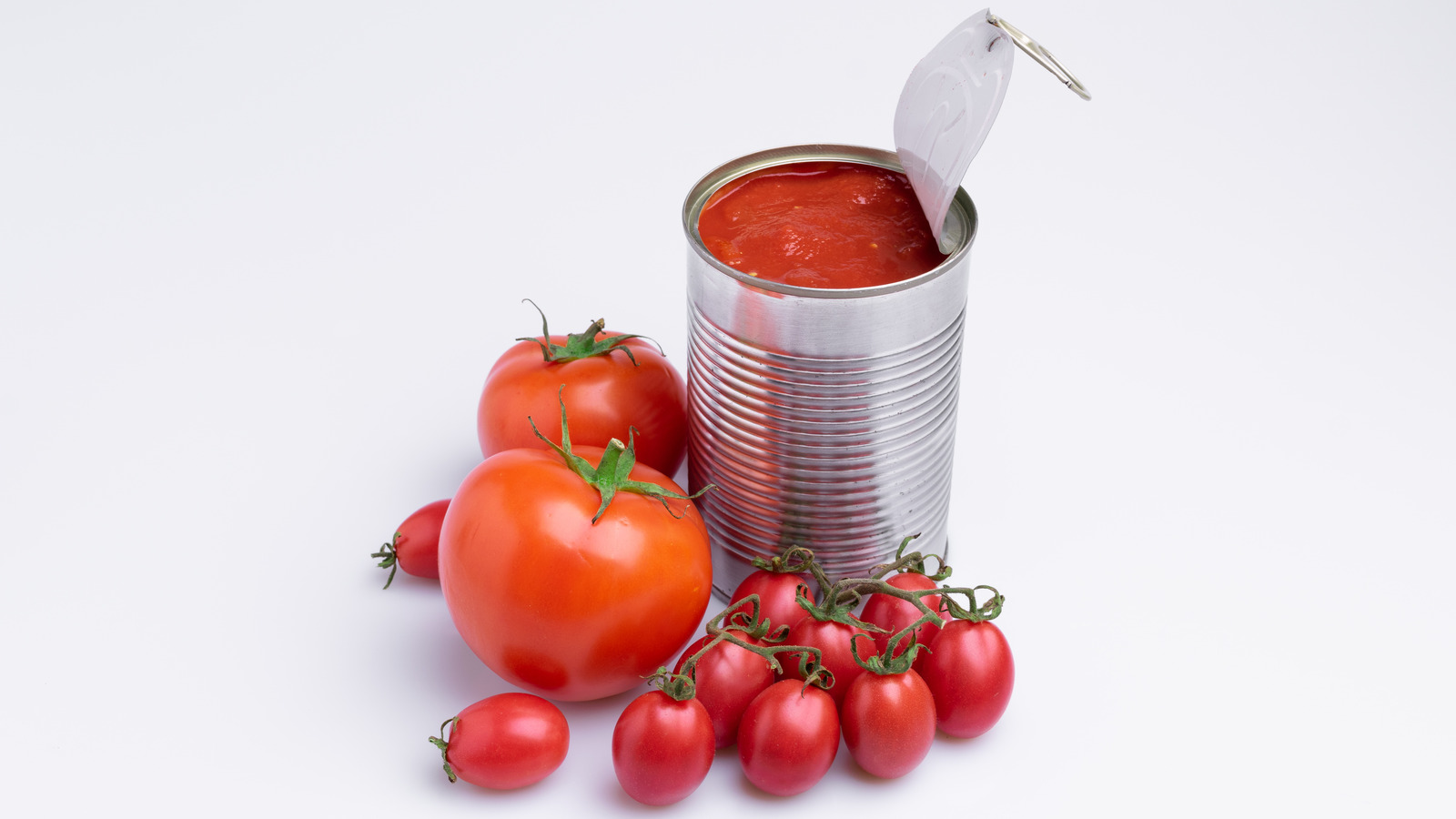
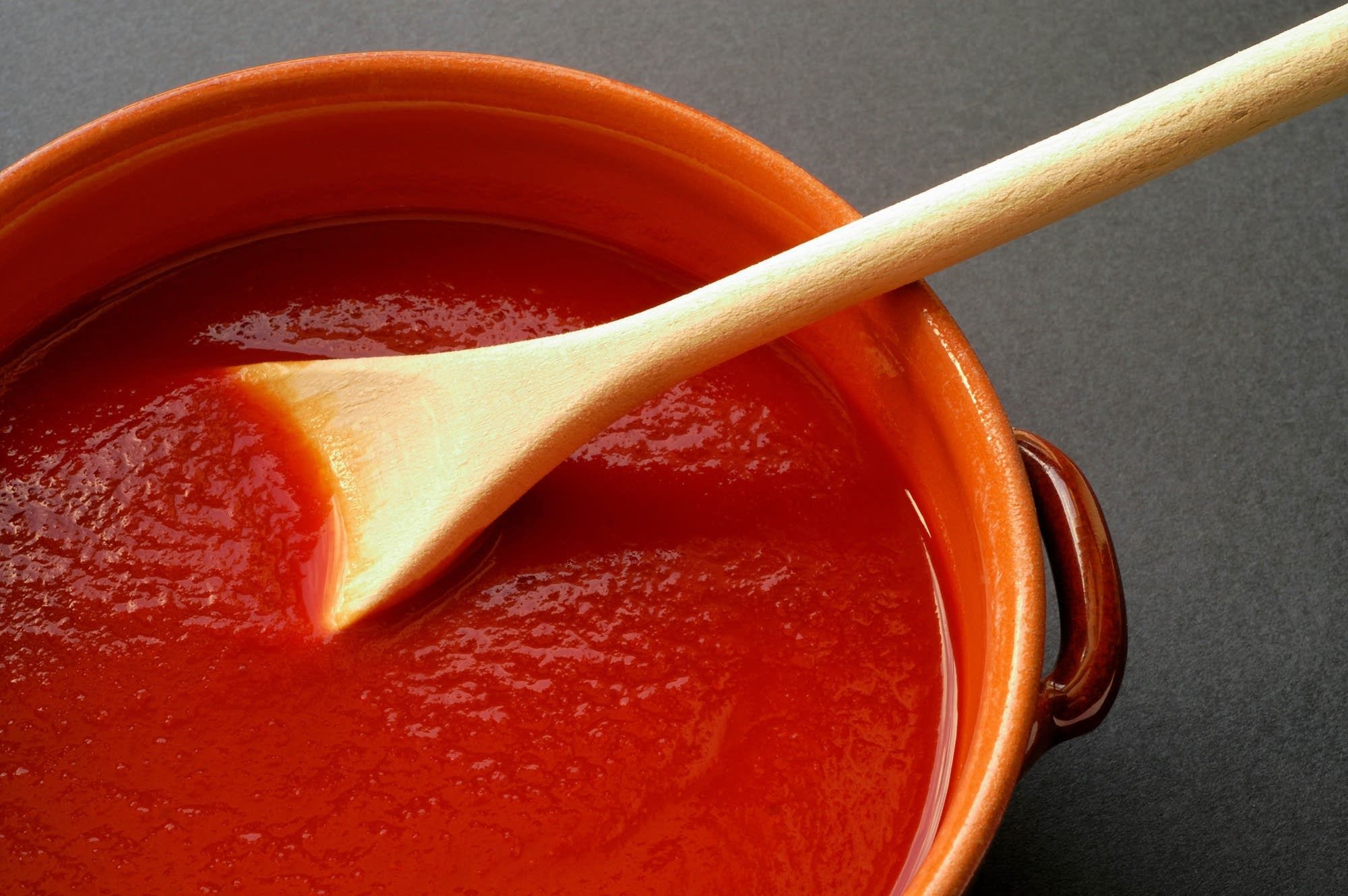


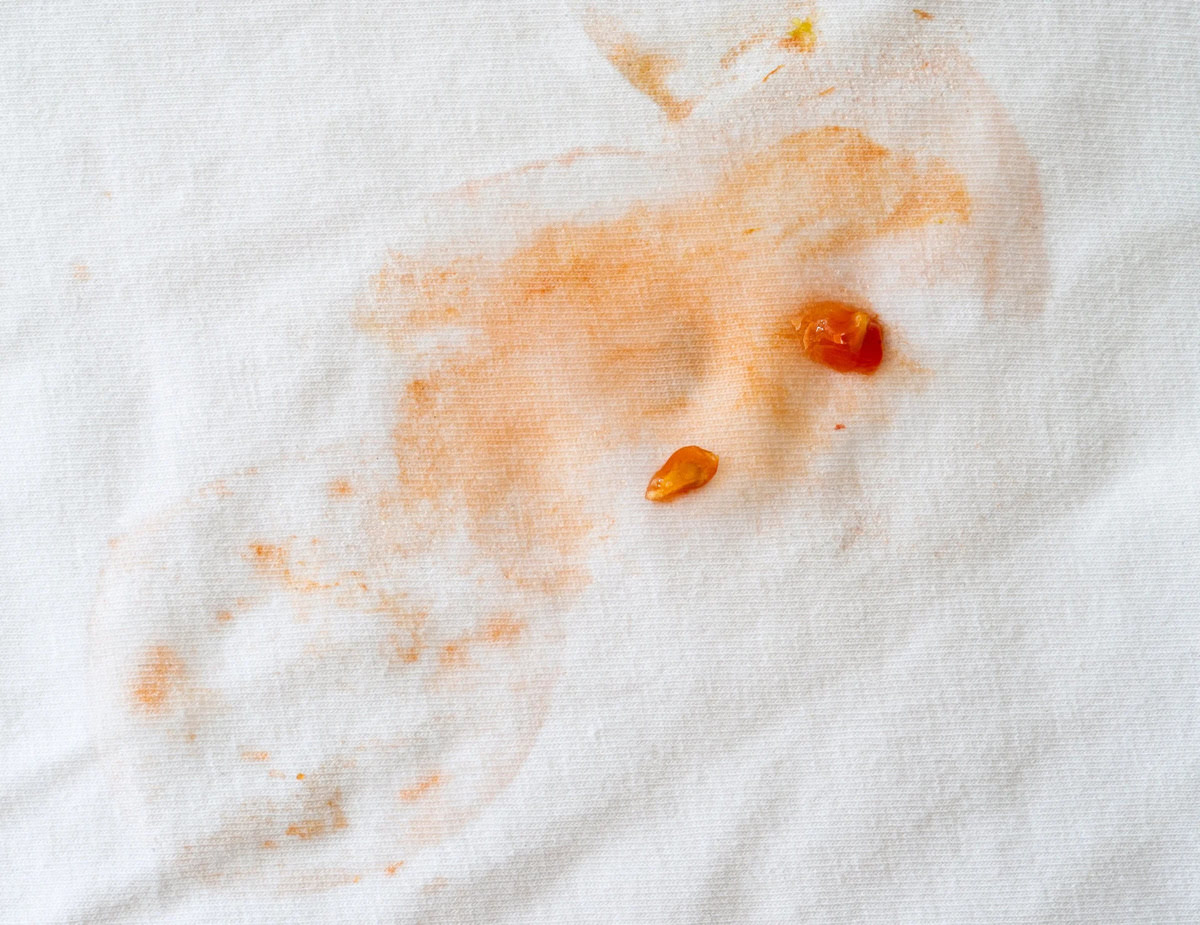
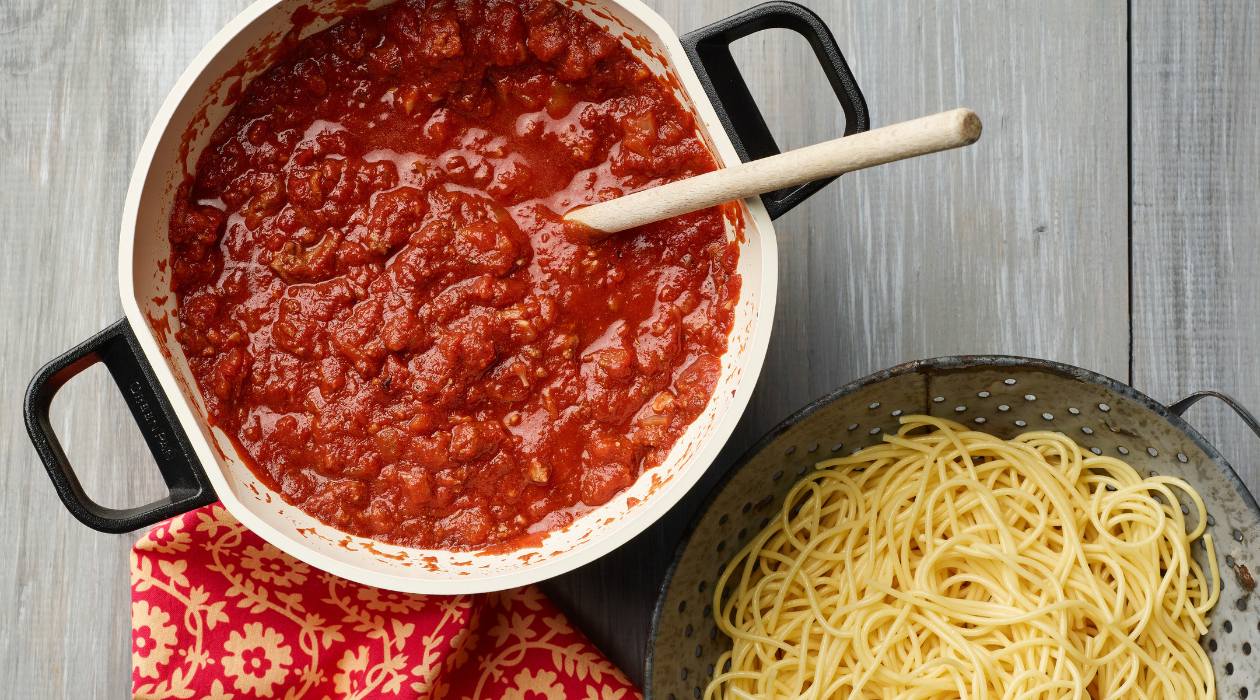



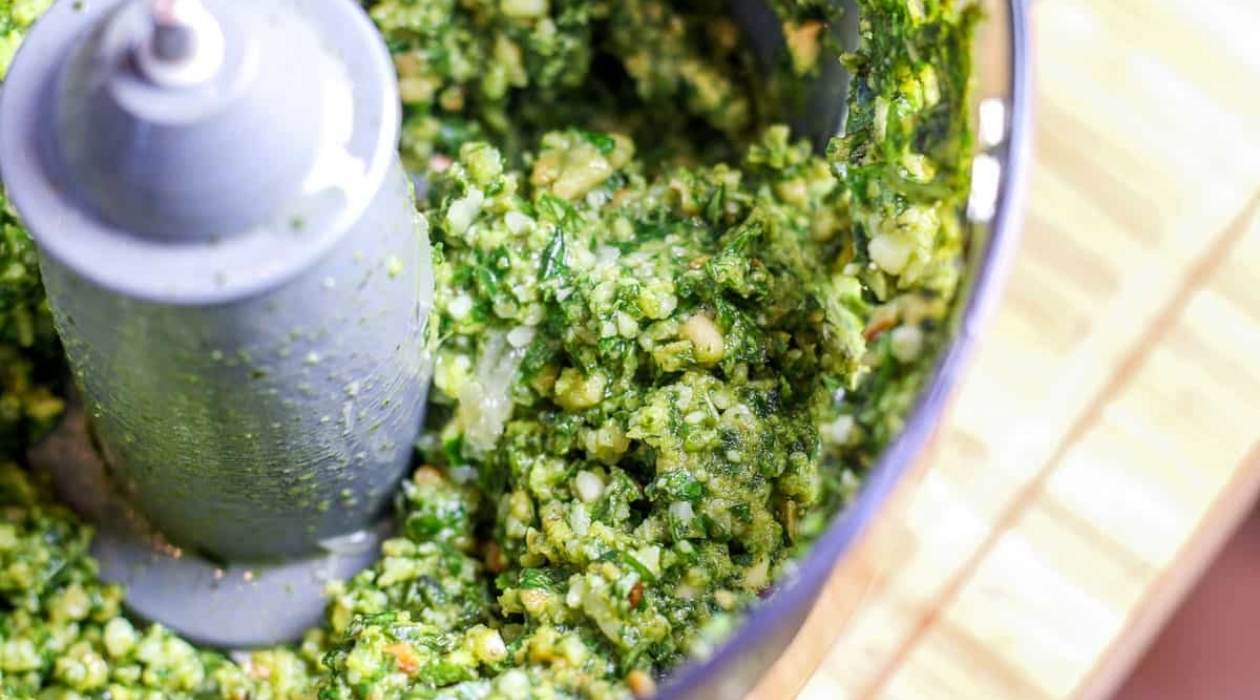



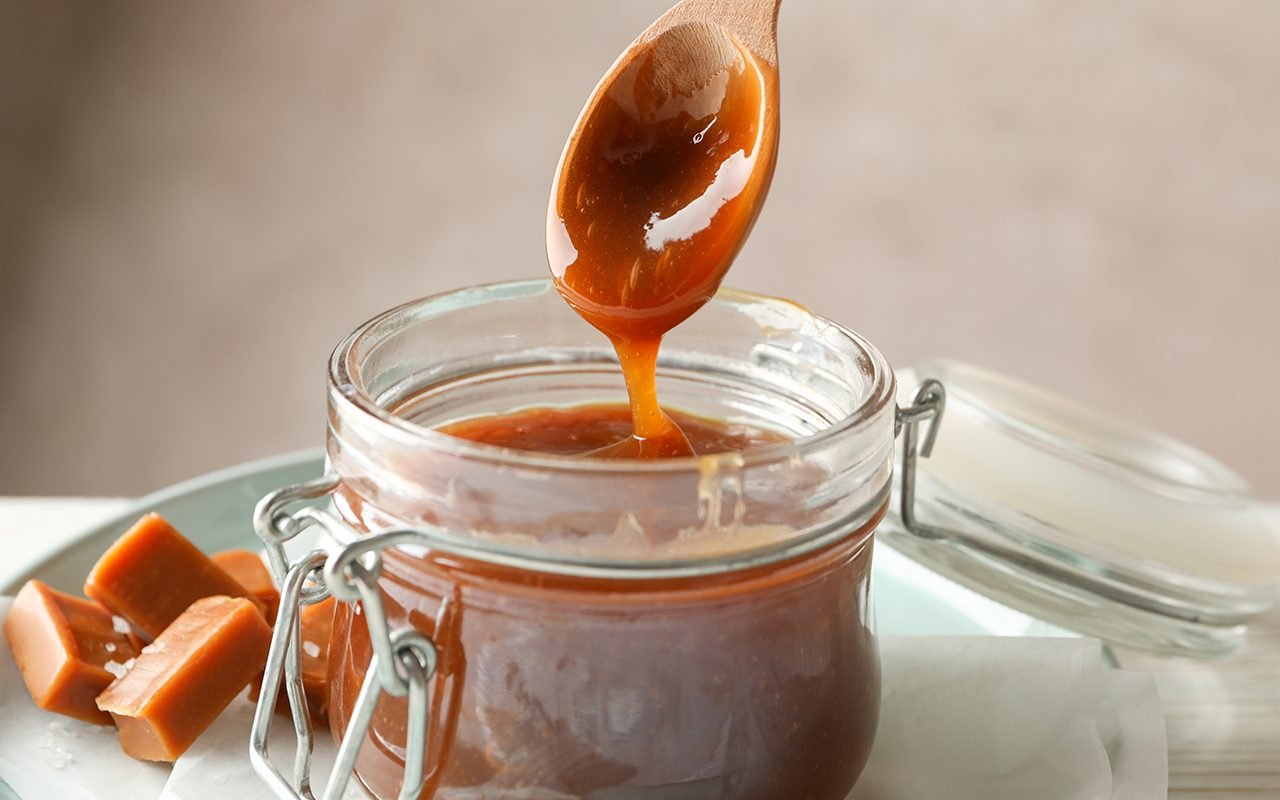

0 thoughts on “How To Store Tomato Sauce”